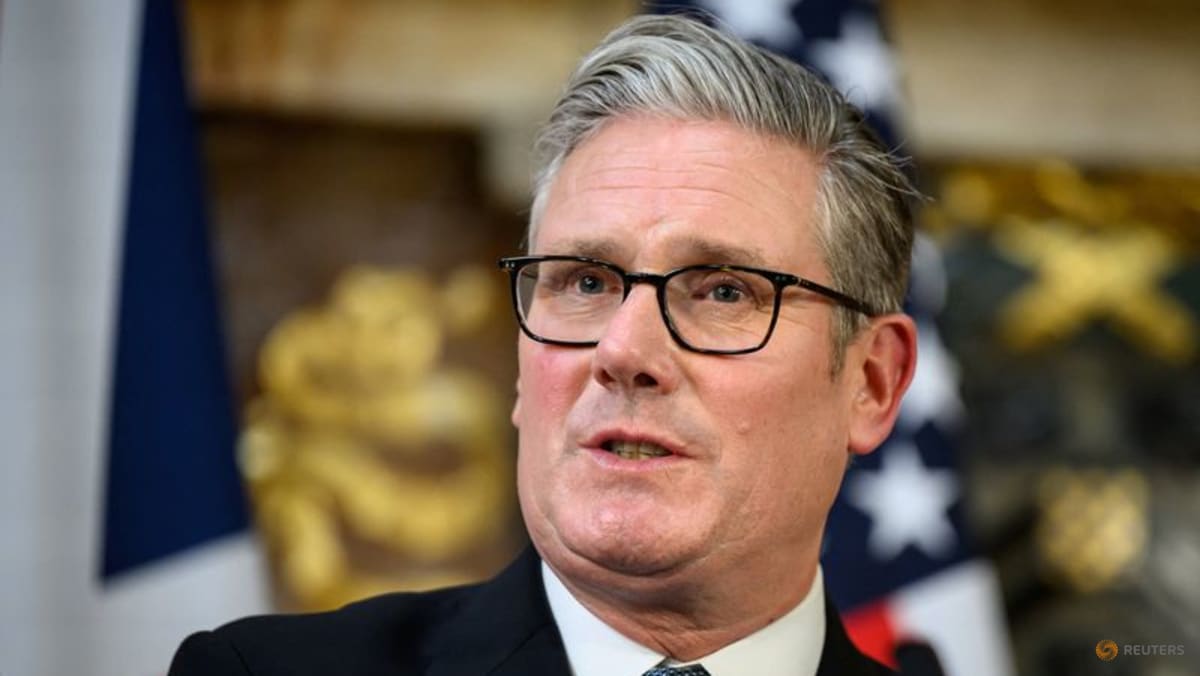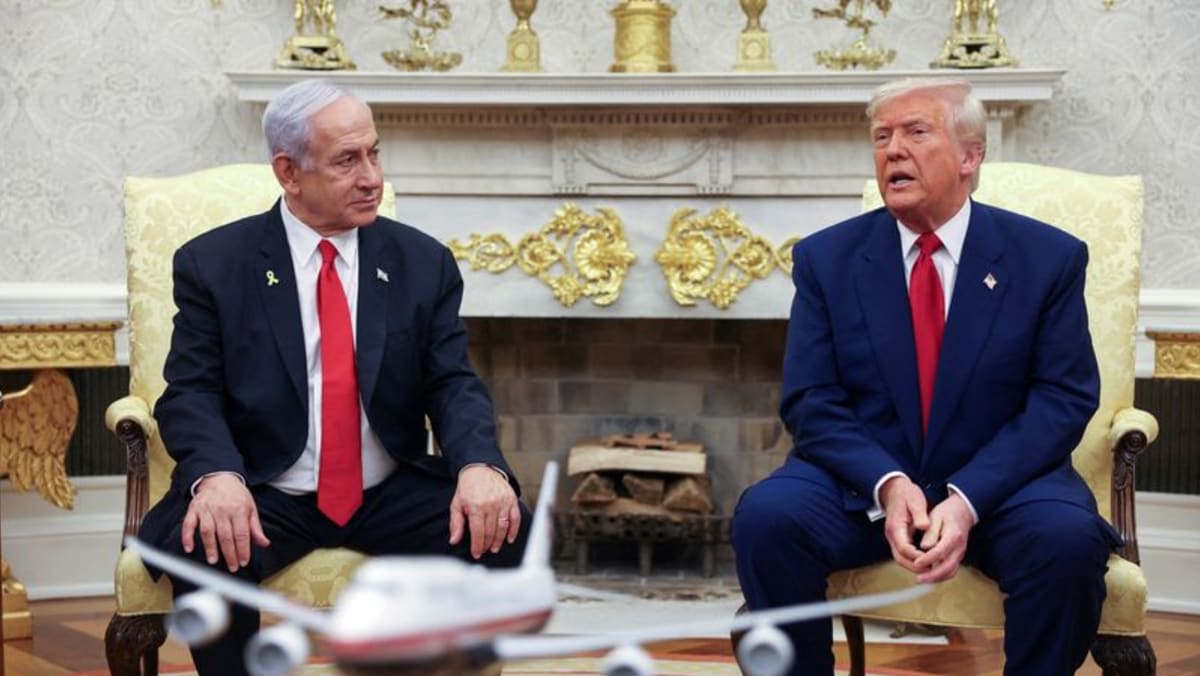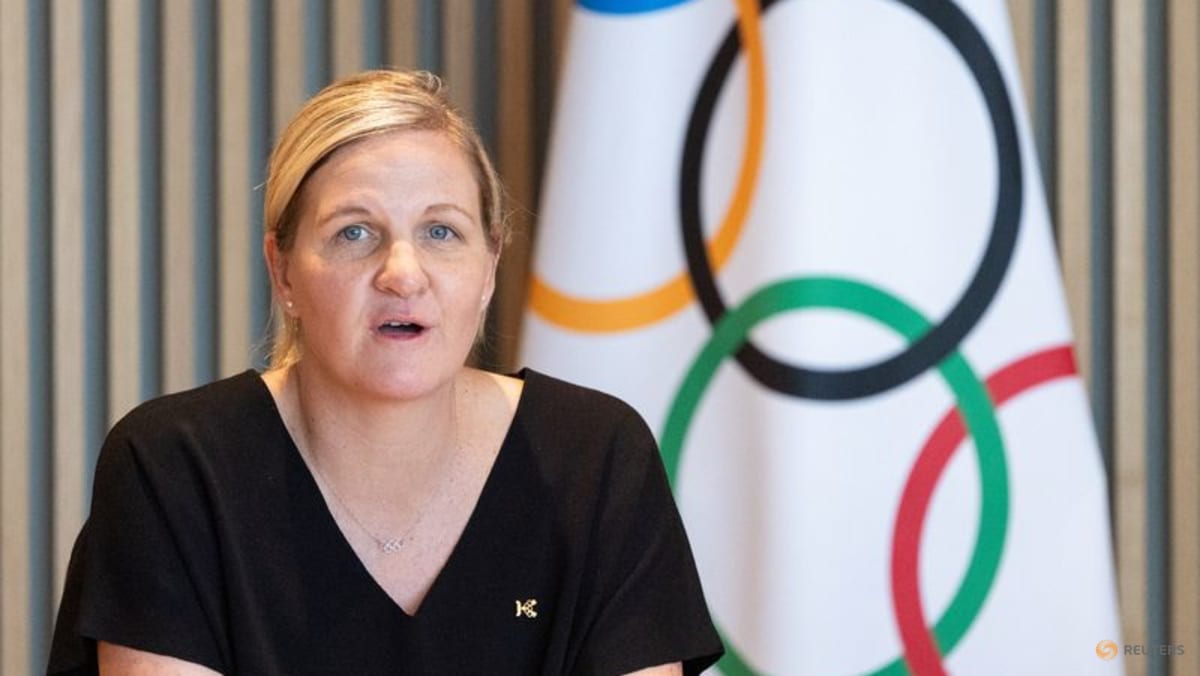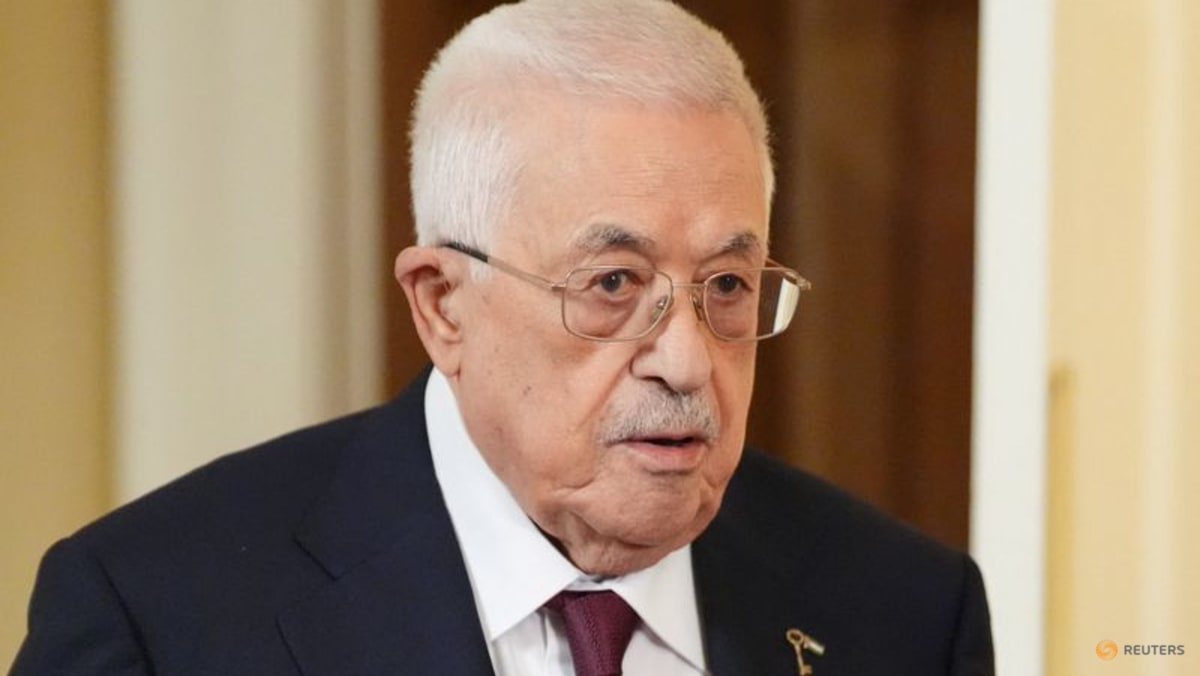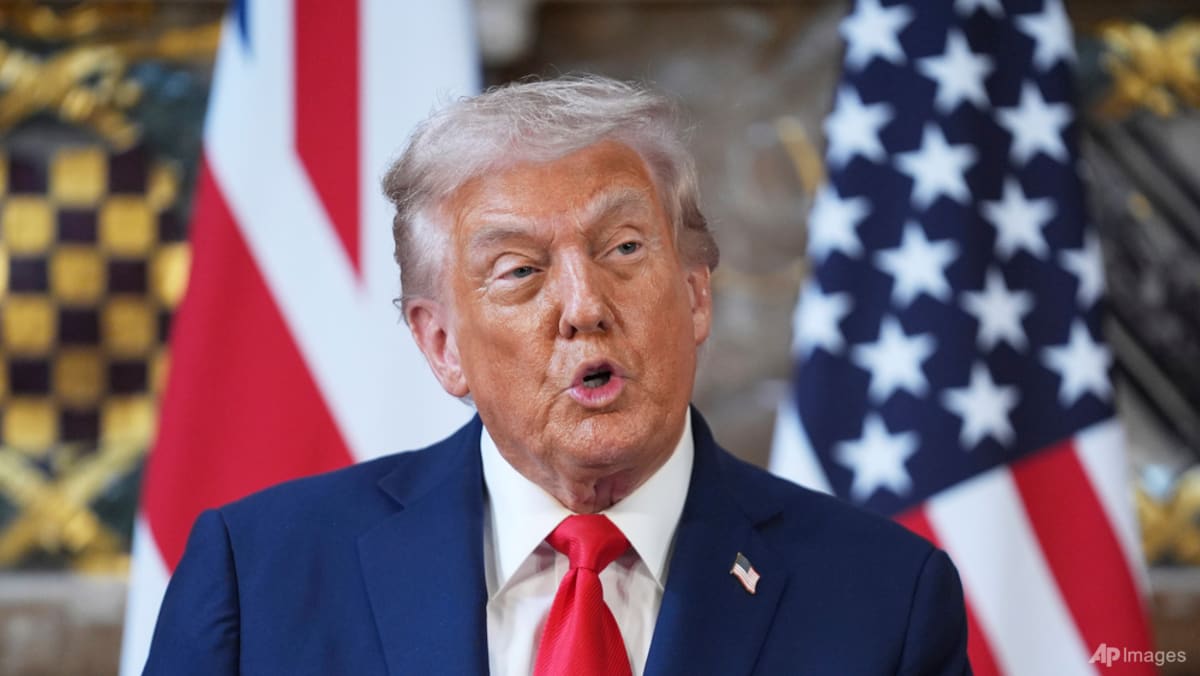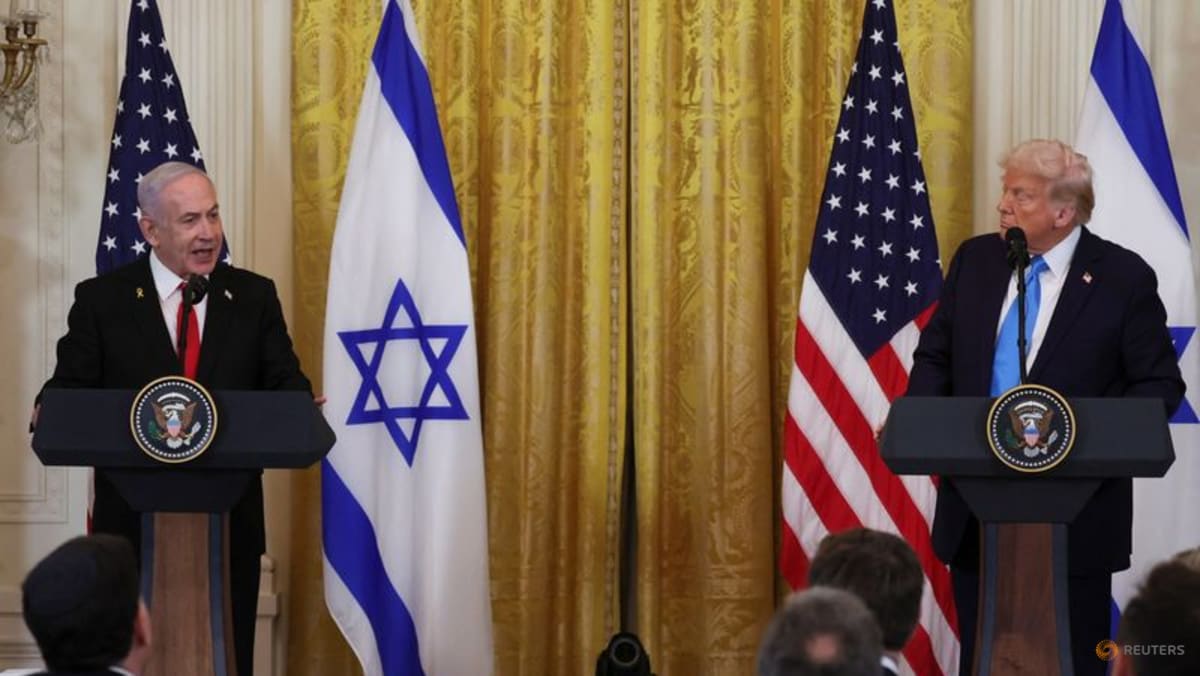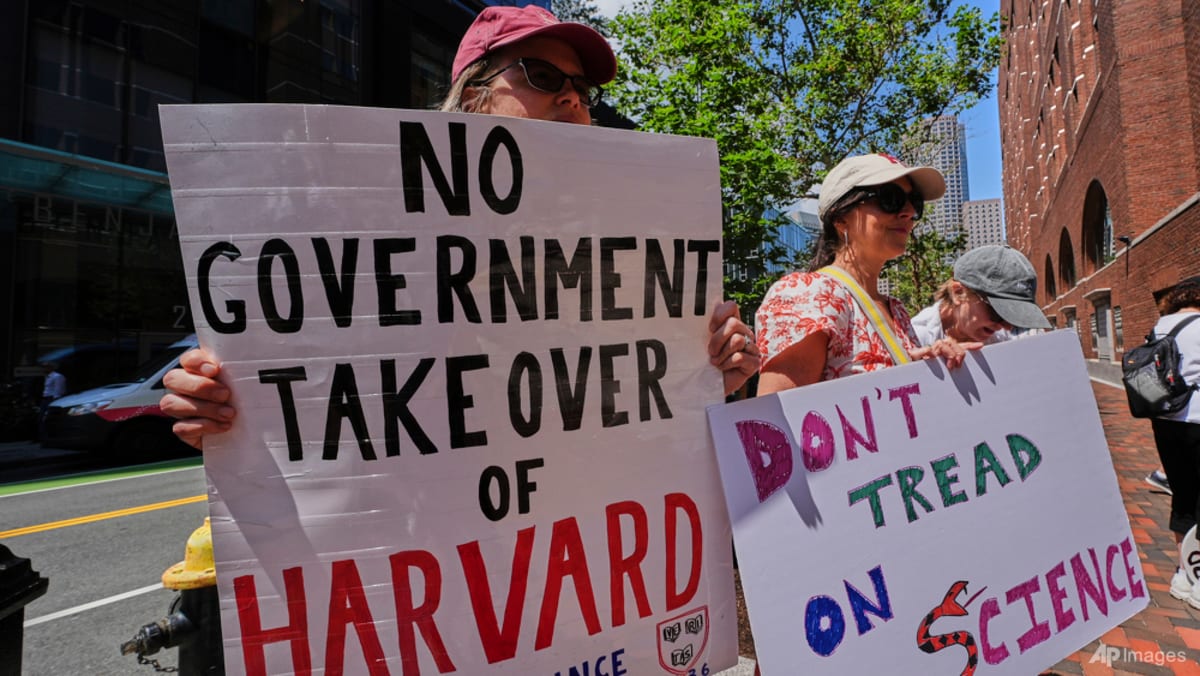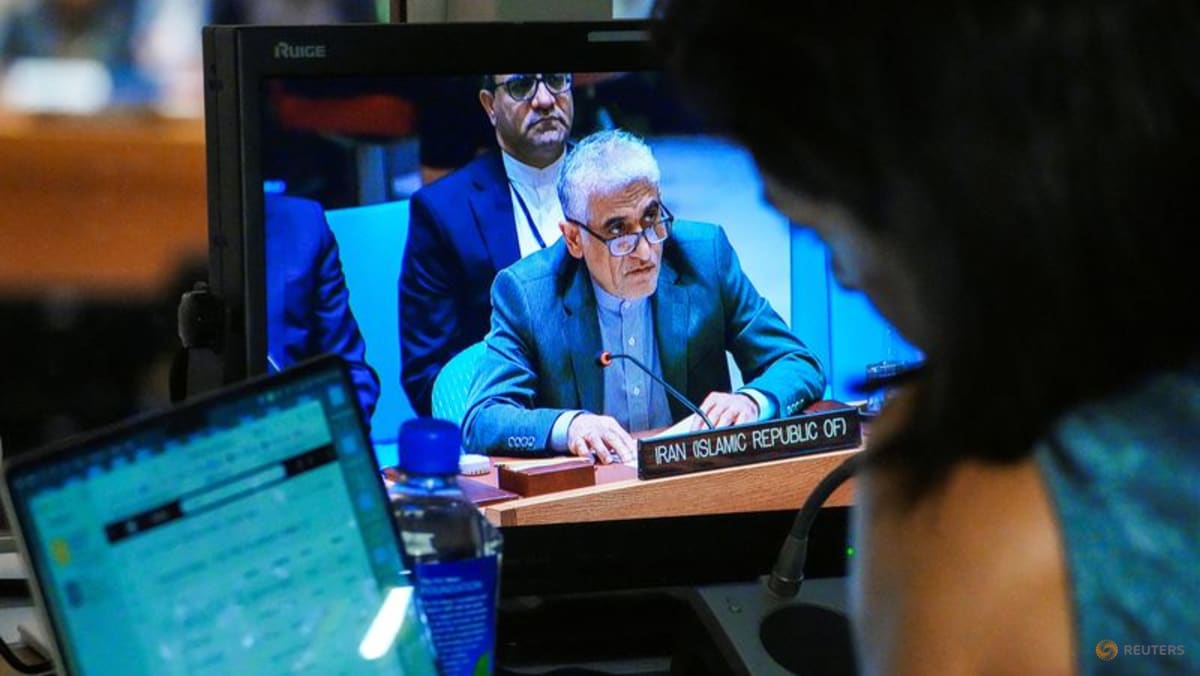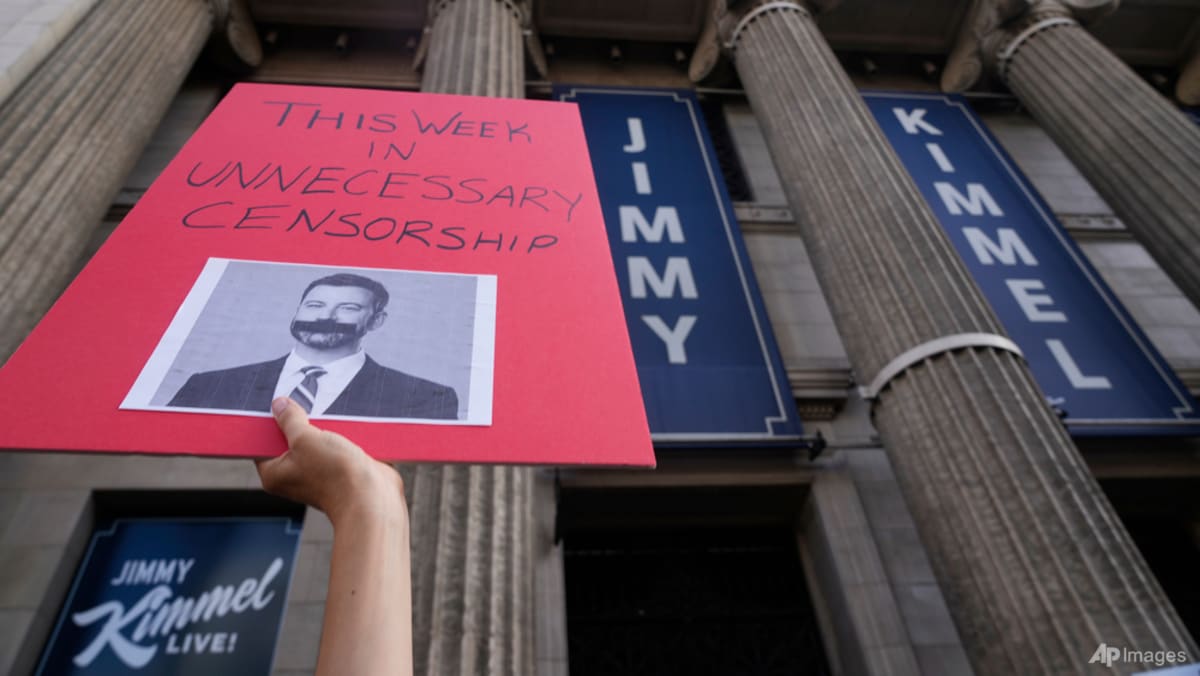ADDITIONAL OBSTACLES
However, the recurrent obstacles to a deal remain – and it’s unclear if the proposed terms will include guarantees to prevent Israel resuming the war after the 60-day period.
New issues have also arisen since the last round of talks that could create further challenges. Hamas is demanding a return to traditional humanitarian aid distribution in Gaza – or at least the replacement of the controversial US and Israeli-backed Gaza Humanitarian Foundation (GHF).
The GHF’s four distribution sites, located in militarised zones, replaced over 400 previously operating aid points, and more than 400 people have been killed while seeking aid near the sites since May 26. More than 170 international non-governmental organisations and charities have called for the GHF to be shut down.
Israel’s military control over Gaza has also become further entrenched since the last ceasefire. More than 80 per cent is thought to be covered by evacuation orders – and new orders for north Gaza and Gaza City were issued on Jun 29 and Jul 2 respectively.
Israeli officials have described the renewed operations as military pressure on Hamas to accept a ceasefire. But Netanyahu has also spoken openly about long-term military occupation of Gaza.
He recently stated that Israel would remain in “full security control of Gaza” even after the war. Even if a temporary ceasefire is agreed, the road ahead is strewn with difficulties in moving towards a long-lasting ceasefire or reaching an acceptable “day-after” agreement.
Still, the current moment offers an opportunity for a breakthrough. Trump has a renewed interest in getting to a ceasefire and Netanyahu has a rare political window to enter an agreement and get hostages home.
Hamas, meanwhile, has been weakened, not only by Israel’s relentless military pounding, but by increasing disillusionment from the people of Gaza, who are desperate for an end to the war.
There is no shortage of reasons to end the war in Gaza. The only question is if Israel and Hamas have the will to do so.
Julie M Norman is Associate Professor in Politics and International Relations at UCL. This commentary first appeared on The Conversation.


